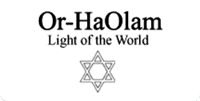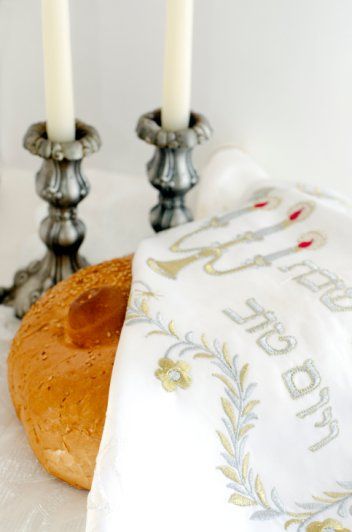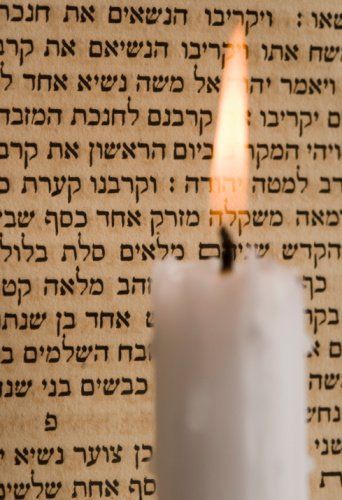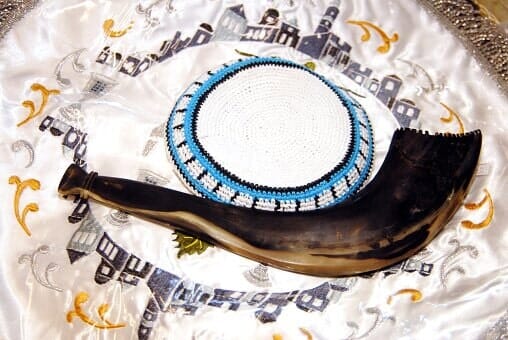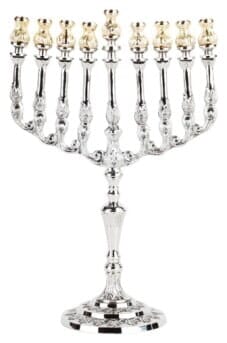MINISTRY IN GAITHERSBURG, MD
THE FEASTS
To paraphrase the first question of the Westminster Shorter Catechism - The chief ends of human beings is to Glorify God and enjoy Him forever!
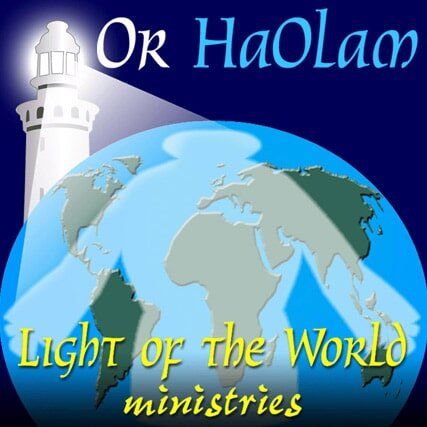
One of the most significant ways we glorify the Lord is through worship. Worship is the reaction of the people of God uplifting God. Celebration and praise is one of the most significant demonstrable activities. According to scripture, the people of God are to be salt and light to the people of the world. They are to draw people to God through their love and light!
The people of God have observed calendric celebrations from time immemorial. The modern Ekklesia (called body and church) developed their calendric celebrations based on two things: (1) The Death and Resurrection of Yeshua - Jesus the Messiah. And (2) loosely based on the feasts that God called Israel to celebrate.
In Leviticus 23 the Lord calls Israel to observe times and seasons for meeting with Him. The word used is 'moedim' meaning appointments. This is comparable to you and I setting a date and time to come together. For many years after the resurrection, the early followers of Jesus (Yeshua), who were Jews, would have observed these times and seasons.
It is our belief that they should not have stopped being celebrated, and in fact the probable reason for cessation was reaction to social rejection and Roman persecution. Or HaOlam's vision is to restore that calendric celebration according to biblical observance inclusive of revelation of the risen Messiah. Each feast is described simplistically. If more information is desired, please contact us at 301-355-7833.
Shabbat - The Sabbath
Shabbat or the Sabbath was instituted by the Lord in Genesis chapter 2 when God said to consecrate and separate the seventh day. In Hebrew the term seventh day is called Shabbat (Sabbath).
Passover - Pesach Bikkurim - Resurrection
This is the feast celebrating Israel's exodus from bondage to slavery in Egypt by the application of lamb's blood on the doorway. It is also the celebration of the time of unleavened bread as a reminder to sinlessness.
- Time of deliverance by the blood of the lamb
- Time of Yeshua's (Jesus) last supper/crucifixion and resurrection
Shavout - Pentecost
3500 years ago, 50 days after crossing the Red Sea, at Mount Sinai, God gave Israel the Torah - His instructions for long life, health and happiness as well as the idea of repentance and atonement
Yom T'ruah - The Day of Blowing of Trumpets (Shofarot)
A feast on the first day of the biblical 7th month when Israel was called to have a day of blowing of trumpets, and a day of remembrance. The day is a celebration of God as king and anticipates the ushering in of the kingdom of God.
- Call to hear God's direction
- Call to prepare
- A sign people
Yom Kippur(im) - The Day of Atonements
This was the day when the nation of Israel was atoned. It is a reminder of God's eternal love for His chosen people, Israel. It is time of preparation of Israel to intercede for the nations of the world.
Sukkot (Called Feast of Tabernacles in English) is, in our opinion, the celebration with the richest traditions.
- Full Provision
- Jesus' Birth
- Eternal Promise
Chanukah - The Feast of Dedication
Chanukah (also spelled chanukkah and several other ways) is the festival celebrated sometime in late November through late December. It falls on the 25th of Kislev (Chislev) of the Jewish calendar.Kislev is either the 9th month (biblical calendar) or the 3rd month (traditional calendar).
Purim - Esther
Purim is the celebration of God's preservation of Israel through a woman.
Israel was in captivity by the Medo-Persians. The Persian king's right hand man, Haman, wanted to destroy all the Jews in the kingdom. He almost succeeded.
But God raised up an Israelitess, a woman, to be in the right place at the right time.
One of the miracles of the story is that Israel should truly have been destroyed! Had there not been a voice to cry out, to call out no one would have known. Only through the hand of God was Israel preserved.
Today we celebrate this feast by traditionally eating hamantaschen, a triangular shaped pastry resembling a hat and so-called after the idea of Haman's hat. We rejoice at this time seeing God's mighty deliverance of His people.
God is not mentioned throughout the book of Esther, yet one cannot read the story without seeing the hand of God in mighty action.
If Mordecai had not listened to God's direction, he would not have been in a place to influence his niece to try for being Queen.
If Mordecai had not listened to the voice of God's direction, he would not have had the courage to uncover the plot to kill the king and therefore would not have been in place to guide his niece to ask the king.
Had Israel not been delivered there would have been NO Jesus - Yeshua.
We also recognize that it is at this time that we are encouraged to give gifts to one another and portions of food to the needy. This is the biblical time of gift giving.
